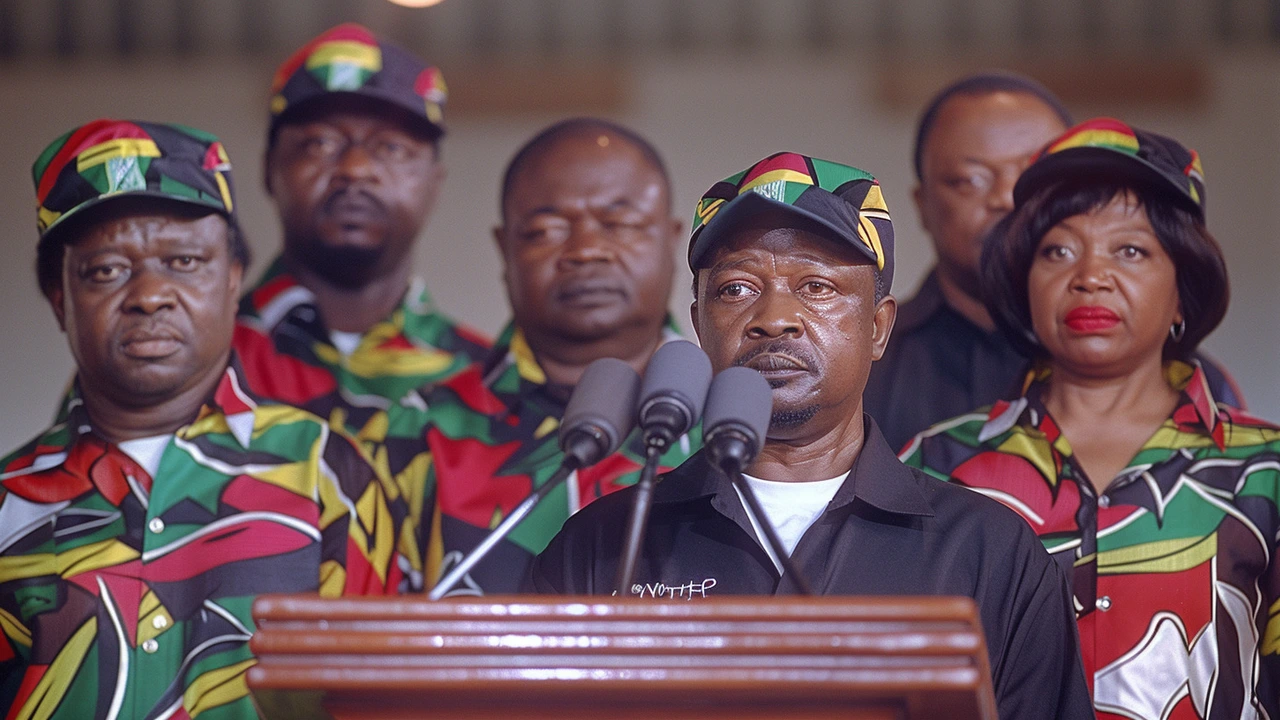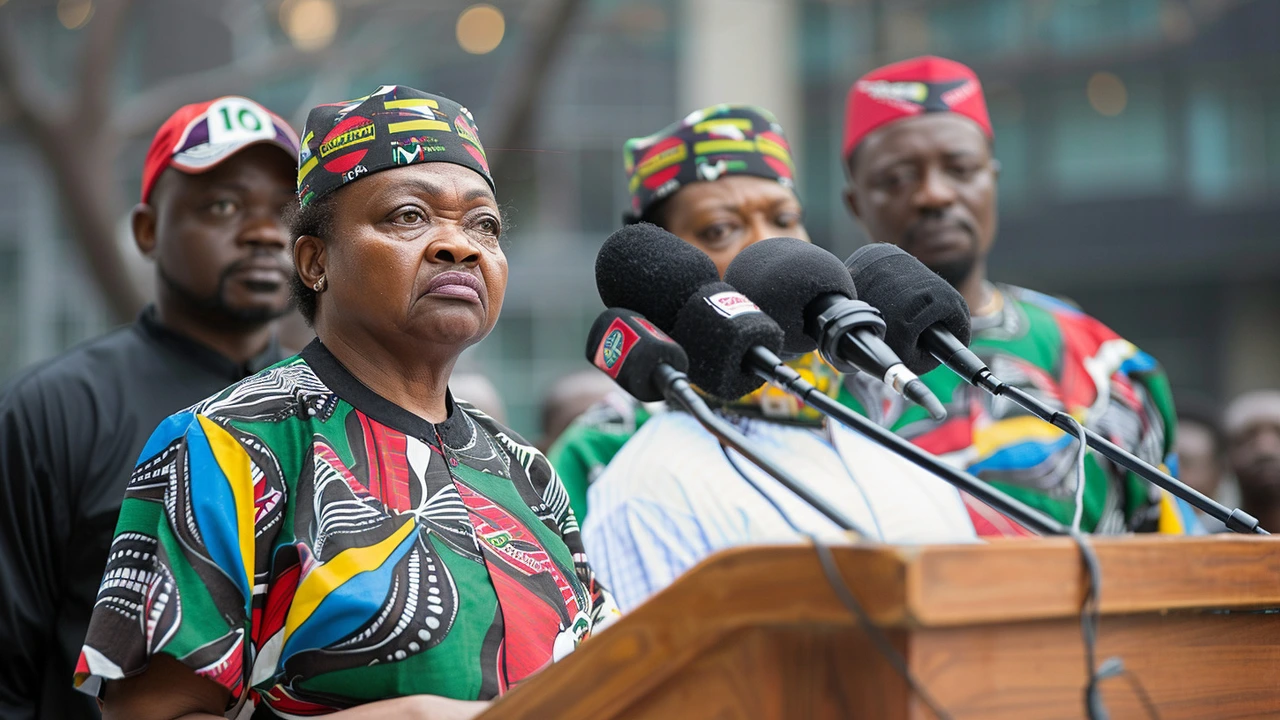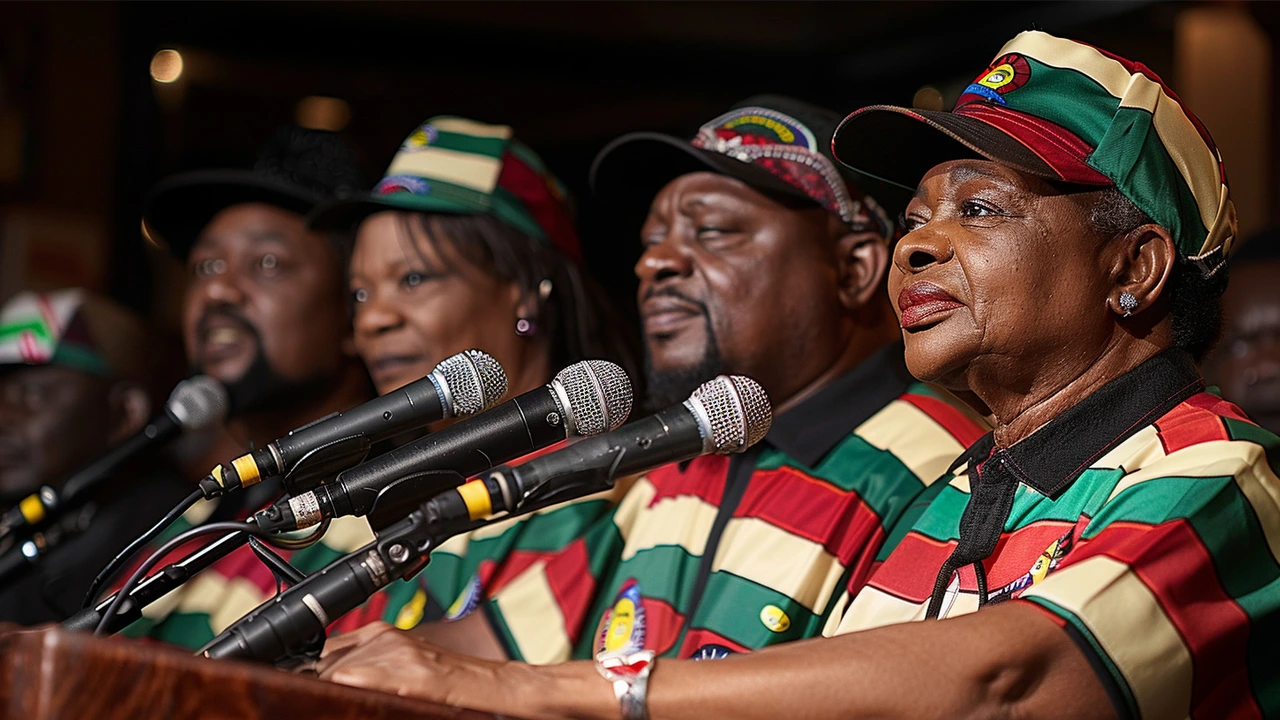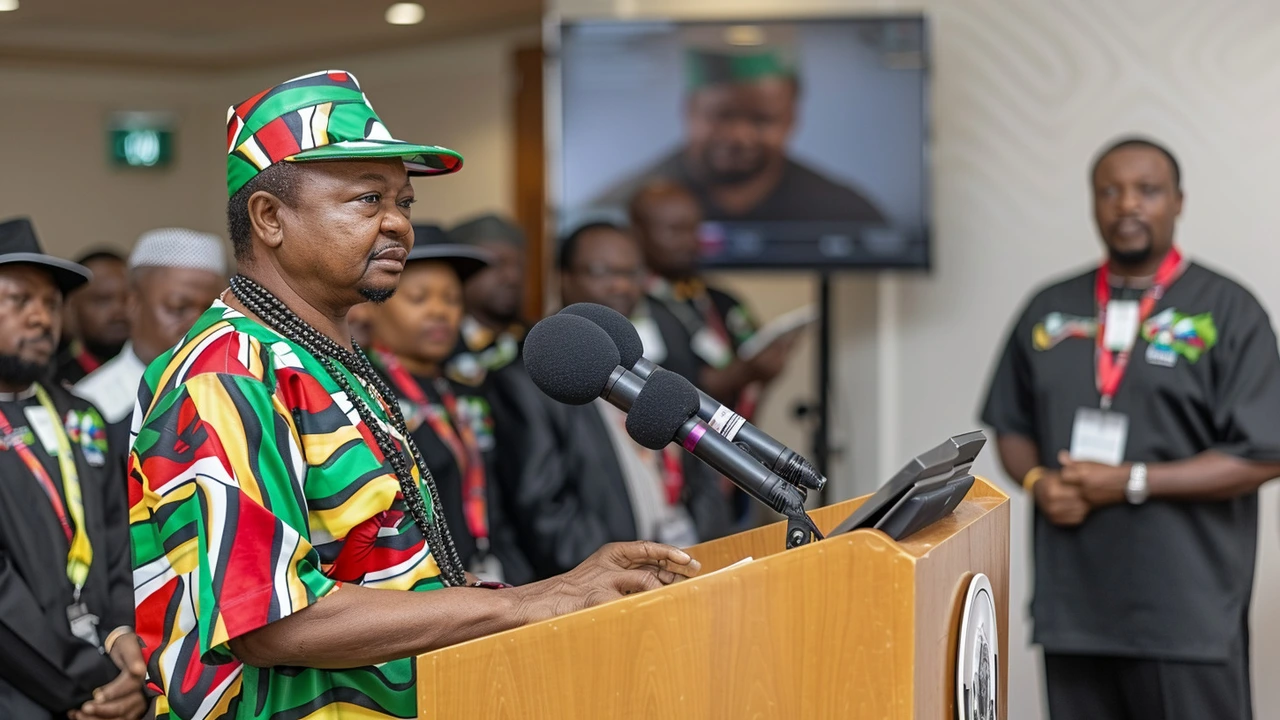NLC and TUC Declare Nationwide Strike Over Wage and Tariff Issues
The Nigeria Labour Congress (NLC) and the Trade Union Congress (TUC) have announced their decision to embark on a nationwide strike, in response to the government's recent decisions concerning electricity tariffs and minimum wage implementation. The announcement was made after a joint meeting in Abuja, chaired by NLC President Ayuba Wabba and TUC President Quadri Olaleye. Both leaders emphasized that this measure is a necessary action due to the government's failure to address the pressing concerns of workers.

Background of the Dispute
The roots of this dispute trace back to the federal government's increase in electricity tariffs, a decision that has been met with widespread public disapproval. Additionally, the government's inability to fully implement the new minimum wage of N30,000 has further exacerbated the situation. Workers have been vocal about the economic hardship they face, a sentiment that has grown stronger with the rising cost of living. This nationwide strike is seen as the ultimate measure to force the government's hand into addressing these issues.
Details of the Planned Action
The exact date for the commencement of the strike is yet to be announced, pending further consultations with various affiliate unions and civil society organizations. During the Abuja meeting, it was unanimously resolved that the industrial action would only go ahead after thorough deliberations and strategic planning.
The labor unions are demanding not only the reversal of the electricity tariff hike but also the full implementation of the N30,000 new minimum wage, along with the payment of outstanding arrears to workers. They are also urging the government to take immediate steps to tackle the rising cost of living, improve infrastructure, and address the persistent issue of insecurity that has plagued the nation.

Impact on Key Sectors
The strike, if it goes ahead as planned, is expected to significantly disrupt the nation's economy and daily life. Key sectors such as transportation, healthcare, and education are likely to be severely affected. The unions have called on all workers, whether in the public or private sectors, to fully participate in the strike. This broad-based support could potentially paralyze many aspects of Nigerian daily life, leading to widespread inconvenience and potential economic losses.
Economic and Social Ramifications
The potential ramifications of this strike are substantial. The Nigerian economy, already struggling with high inflation, unemployment, and poverty rates, could face even more severe challenges. The government's economic policies have come under sharp criticism, with many blaming the administration for mismanaging the economy. This strike could further strain the already tense relationship between the government and its citizens.
The labor unions have made it clear that they view this strike as a last resort. Negotiations with the federal government have been ongoing for several months, but they have so far failed to yield any tangible results. The unions argue that the government has been unresponsive to their demands, leaving them with no other choice but to escalate their actions.

Call to Action
As the labor unions prepare for the strike, they have urged the federal government to take immediate action to address the grievances of the workers. The unions have also called on the general public to support their cause, highlighting the broader implications of the issues at hand. This showdown between the government and the labor unions will undoubtedly be a defining moment in Nigeria's ongoing struggle with economic and social challenges.
The public response to this announcement has been mixed, with some supporting the unions' stance and others concerned about the potential disruption to daily life. However, the labor unions remain steadfast in their determination to secure a better future for Nigerian workers.
As the nation braces for the impending strike, all eyes will be on the government's next move. Whether they will finally address the issues raised by the labor unions or if the country will be plunged into widespread industrial action remains to be seen. The coming days and weeks will be crucial in determining the outcome of this significant conflict.
